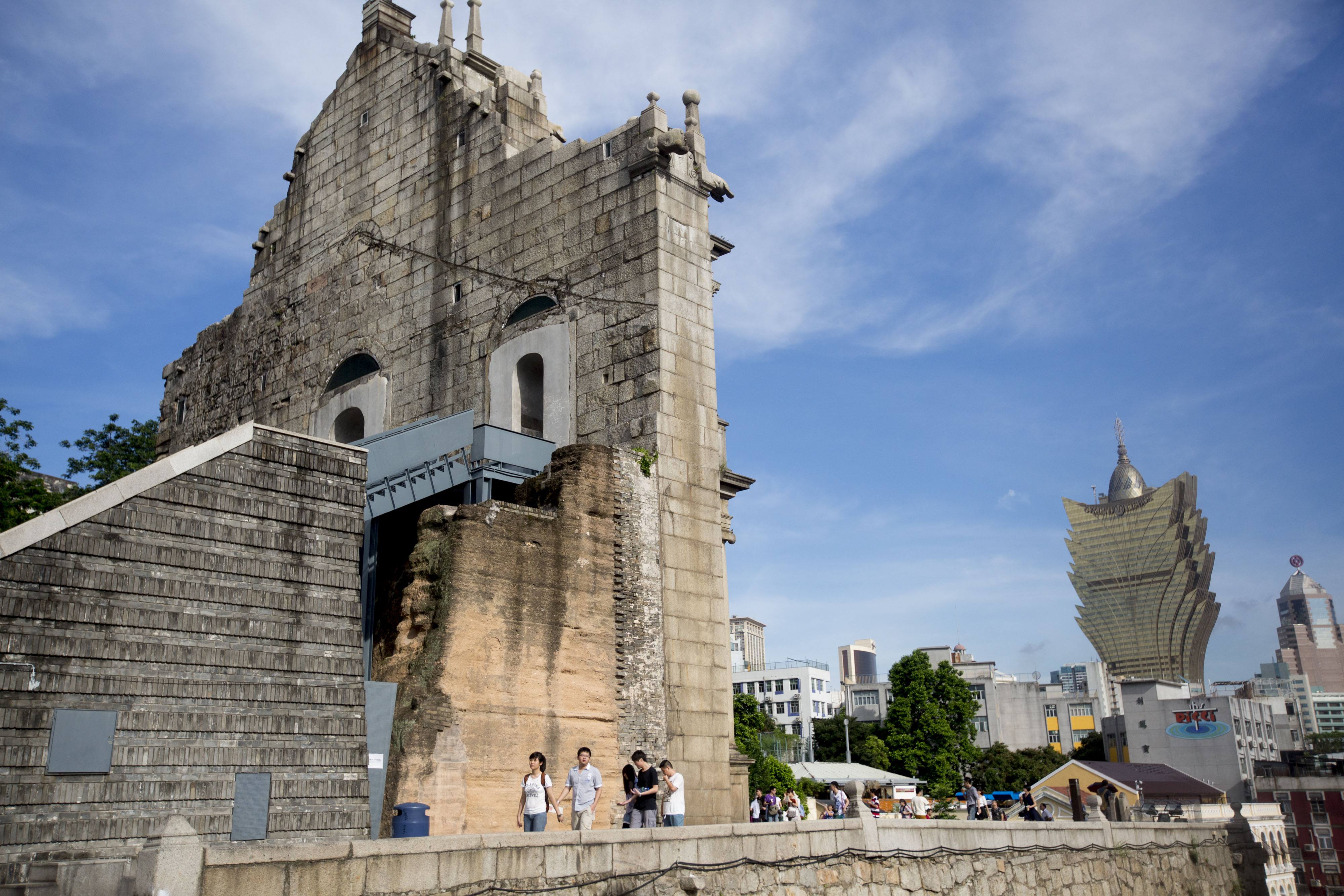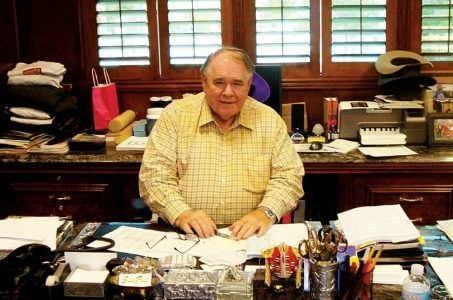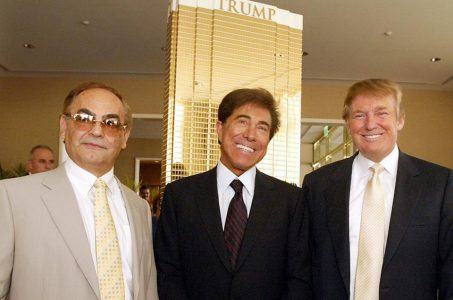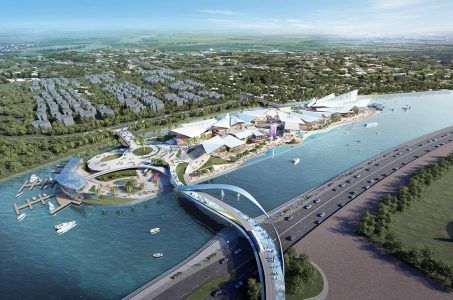Macau Tourism Increasing, AGA President Says Thank US
Posted on: May 17, 2017, 05:00h.
Last updated on: May 17, 2017, 04:01h.
Macau tourism is on the rise, and government officials representing China’s special gaming zone predict the trend will continue throughout the year.

Macao Government Tourist Office Director Maria Helena de Senna Fernandes said at the Global Gaming Expo (G2E) Asia conference this week that the city is bracing for a five percent tourism increase in 2017. Her office reported recently that arrivals are up five percent through the first quarter, and the enclave expects that rate to hold steady over the next eight months.
Her projections aren’t overly optimistic.
Macau tourism climbed 6.7 percent during the country’s Labor Day weekend (April 29 to May 1) compared to the 2016 three-day vacation. And Easter (April 14-17) saw 5.6 percent more visitors to the city than the previous year.
Macau rang in the New Year with a bang, as the weeklong Spring Festival (January 27-February 2) saw a nearly 10 percent influx in terms of visitors.
More than 930,000 people, the vast majority from mainland China, descended on the gambling hotspot to welcome in the start of the new Chinese calendar.
You’re Welcome, Says US
American Gaming Association (AGA) President Geoff Freeman opined that much credit for Macau’s economic recovery should be given to US-based companies that have invested billions of dollars in the former Portuguese colony.
“When you look at the immense contributions that MGM, Sands China, and Wynn have made to this destination, they have raised the bar in a variety of ways,” Freeman told GGRAsia this week. “The type of investments in this market, the number of jobs that these companies are providing, the high regulatory standards that they are meeting, I think that by all accounts they have been tremendous partners in this market.”
China, at the direction of President Xi Jinping, began its corruption crackdown in 2014, and part of the mission was to infiltrate VIP junket operators allegedly aiding the wealthy elite in laundering money out from the federal government’s oversight. It worked, and Macau gaming revenue went from $45 billion in 2013, to $28 billion last year.
Macau casino operators quickly began rethinking their demographic focus from the VIP to the mass market. The implementation of nongaming attractions, thousands of additional hotel rooms, and a renewed sense of purpose for Macau have reignited the local economy.
US Preferred Partner
Las Vegas Sands, MGM, and Wynn certainly deserve some credit, but of course, their efforts aren’t charitable. With billions invested, and new resorts under construction when the corruption campaign was launched, the Nevada-based conglomerates simply modified to meet demand.
The strong reputation of the US operators in Macau might provide the three bigwigs with an upper hand in being awarded one of Japan’s two coveted integrated resort licenses.
The country is currently ironing out details of its forthcoming commercial gambling sector, with specifics expected to be revealed through a new piece of legislation next fall.
Gaming analysts believe Japan’s casinos could create a $40 billion annual market. Naturally, the major worldwide gambling players are all licking their chops at the prospects of invading the Land of the Rising Sun.
Related News Articles
Most Popular
Las Vegas Overstated F1 Race’s Vegas Impact — Report
Mega Millions Reportedly Mulling Substantial Ticket Price Increase
NoMad Hotel to Check Out of Park MGM on Las Vegas Strip
Most Commented
-
End of the Line for Las Vegas Monorail
— April 5, 2024 — 90 Comments -
Mega Millions Reportedly Mulling Substantial Ticket Price Increase
— April 16, 2024 — 8 Comments -
Long Island Casino Opponents Love New York Licensing Delays
— March 27, 2024 — 5 Comments
















No comments yet